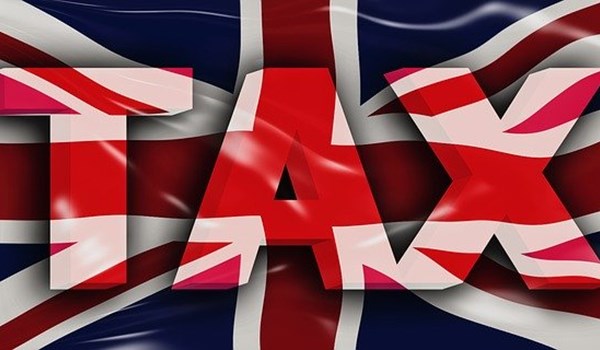Jurisdictions
Regions
Industry Sectors
02/08/22
UK: Sunak and Truss's tax cuts will both benefit the richest, say experts.

As published on uk.news.yahoo.com, Tuesday 2 August, 2022.
Tax cuts promised by the Tory leadership candidates will benefit the highest earners more than those on the lowest incomes - regardless of who wins, a leading economic think tank has said.
The issue of tax has become a key dividing line in the race for Number 10, with foreign secretary Liz Truss and former chancellor Rishi Sunak at loggerheads over the issue.
The UK has been left with the highest tax burden in 70 years following the economic crises caused by COVID and the subsequent cost of living crisis.
Now, both Sunak and Truss are now pledging to reduce taxes significantly - such as by cutting VAT on energy bills and reversing the increase to national insurance.
According to analysis by the Institute for Fiscal Studies (IFS) the current government plans leave those with the highest household incomes 2.8% worse off. These plans include:
-
freezes to income tax thresholds
-
the rise then freeze to the NICs primary threshold,
-
the 1p cut to the basic rate of income tax,
-
the cut to the universal credit taper rate and increase in work allowances,
-
increases in local housing allowance rates,
-
freezes to fuel and alcohol duties,
-
the introduction of the health and social care levy
Truss's proposals, which include removing the health and social care levy, would reduce the reduction to those same high-earning households' incomes, instead leaving them 1.1% worse off.
Sunak's tax cuts would also reduce the impact on the highest earnings households, leaving them 1.5% worse off.
The current government plans would lead to a 1.9% increase to household income for the lowest earners, according to the IFS analysis.
Truss package of measures would not improve the finances of these families, also leaving them 1.9% better off.
Under Sunak's plans, the lowest earners would be 2% better off.
The IFS said: "Both Mr Sunak’s and Ms Truss’s tax cuts would primarily benefit higher-income households, though still leaving the overall policy package a progressive one when combined with reforms to date."
The thinktank also said that large cuts to taxation would ultimately mean cuts to public services.
"[The key point] neither candidate seems willing to spell out is that, ultimately, lower taxes mean lower spending."
Sunak is pledging to slash VAT on energy bills to help with the cost-of-living crisis, and cut income tax by 4p by the end of the decade.
He has said his income tax plan “is one of the most far-reaching cuts to income tax that we’ve seen” and would be done “responsibly over time”.
"As prime minister what I’d want to do is cut VAT on energy bills to provide a little bit of extra help for people over the autumn and winter," said Sunak on Monday.
He added: "I want to cut income tax by 20%, that’s one of the most far-reaching cuts to income tax that we’ve seen."
Sunak previously avoided placing a timeline on tax cuts, and he also claimed cuts to VAT on energy bills was poorly targeted because it would benefit the wealthiest.
Sunak's change in approach comes after his opponent promised to: reverse the national insurance hike, cancel planned corporation tax rises, and suspend the green levy on energy bills to help with the rising cost of living.
"What I’m talking about is unleashing opportunity, unleashing growth, keeping taxes low," said Truss on Friday.
"That will see the economy grow, and it will see us being able to pay back our debt quicker.”
She added: "You cannot tax your way to growth."
Recent polling has put Truss as the clear favourite among members of the Conservative Party - whose votes will decide the contest - with 62% backing her and Sunak trailing at 38%.
Tory members will vote on their preferred candidate this summer, with the new prime minister announced on 5 September.



